What's new with Microsoft Azure for 2024
By Alex Hawkes|12 February, 2024
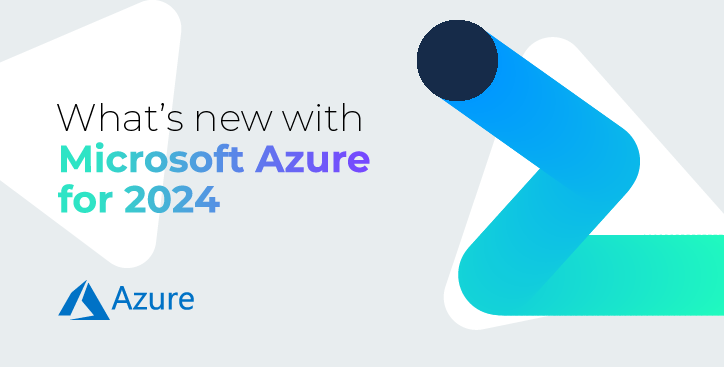
Microsoft Azure maintains second place in the cloud infrastructure services market, with 25% market share as of Q3 2023. Following several consecutive quarters of slowing year-on-year growth, Azure saw an uptick in the second half of last year as the impact of the AI surge became palpable.
Uptick in Azure growth driven by AI
Growing demand for AI solutions is offsetting the impact of reduced IT spending across the board, with organisations returning to cloud computing in order to support their AI strategies.
Microsoft, which has close ties to AI darling OpenAI, through a multi-billion dollar investment relationship going back to 2019, is gaining further momentum with the commercialisation of its AI offerings.
While the Azure Open AI service had been in preview for some years, it only reached general availability in 2023, and in parallel with favourable media coverage, the hype around ChatGPT reached fever pitch and customer demand and consumer interest in Azure OpenAI really took off.
Since the Azure OpenAI Service became generally available, businesses have been able to access advanced AI models - including GPT-3.5 and 4, Codex, and DALL·E 2 - on Azure infrastructure, to create their own cutting-edge applications.
Democratising AI with Copilot
Microsoft launched Copilot for Windows in September 2023, and this is where most of the hype has been in Q4, with Copilot acting as the user interface for AI-as-a-service within almost all Microsoft products.
Microsoft, like most of the other cloud and SaaS providers, is really pushing the
democratisation of AI as a productivity tool to help solve real-world business problems without the need for teams of experts with highly specific skill sets.
With GenAI hogging the limelight, it’s likely to become a key growth driver for the partner channel as well as direct business.
According to Yi Zhang, analyst at Canalys: “To succeed in this rapidly evolving landscape, channel partners must stay ahead of the game by establishing robust AI strategies and investing in strategic AI partnerships.”
For Microsoft Azure, business performance is expected to remain steady, with a growing cloud services order backlog, and partners have had access to the Microsoft AI Cloud Partner Program since the summer, helping partners incorporate AI capabilities into their own business opportunities.
As more businesses look to embed AI capabilities into their own offerings, considerations around cloud connectivity should arise in order to maintain appropriate security and availability of the service. If natural language becomes the main interface for solutions, availability and security of that interface needs to be guaranteed.
On the subject of cloud security, Security Copilot featured at Microsoft’s flagship Ignite conference, towards the end of 2023 as a nod to the evolving threat landscape in an ever sprawling cloud environment.
As the cloud further penetrates every aspect of business, the challenge from a security perspective is keeping track of all the controls and configurations across the dozens of cloud provider products.
Microsoft’s Unified Security Operations Platform, combining Microsoft Sentinel and Microsoft Defender XDR, integrates Security Copilot experiences to help protect against threats efficiently by reducing the complexity of everyday security tasks.
Disrupting business analytics with Fabric
Microsoft Fabric was announced around the middle of 2023, as an attempt at aggregating all the various data sources cloud adoption has created.
Again, Fabric is heavily aligned with Azure Open AI and Copilot, and is pitched as an all-in-one analytics solution for enterprises that covers everything from data movement to data science, Real-Time Analytics, and business intelligence, along with a data lake, data engineering, and data integration, all in one place.
With an AI interface on the front end, the aim of Fabric is to help businesses get the maximum value from their organisational data, which is currently siloed across multiple sources and point solutions.
Azure Availability Zone expansions
Microsoft already claims 60+ regions for Azure, with more than 185 global network PoPs, and a presence in over 300 data centres.
New PoPs include:
- The addition of a data centre region in Italy. The Italy North data centre region
includes Azure Availability Zones, which offer additional resiliency for applications, with independent power, network, and cooling. - The availability of Azure OpenAI Service in the UK South region, supporting GPT-3.5 and ChatGPT, backed by Azure AI-optimised infrastructure, enterprise-readiness, compliance, data security, and privacy controls.
- The addition of a new cloud region in Poland, with Azure Availability Zones and
security, privacy, and regulatory-compliant data storage within the country.
Console Connect is a trusted Microsoft Azure ExpressRoute partner. Access these innovations and the entire capability of the Azure cloud by directly connecting through our easy-to-use self-service platform.
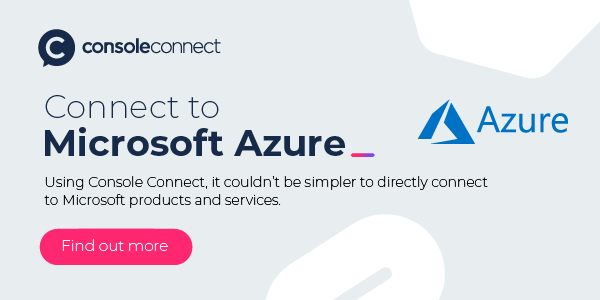
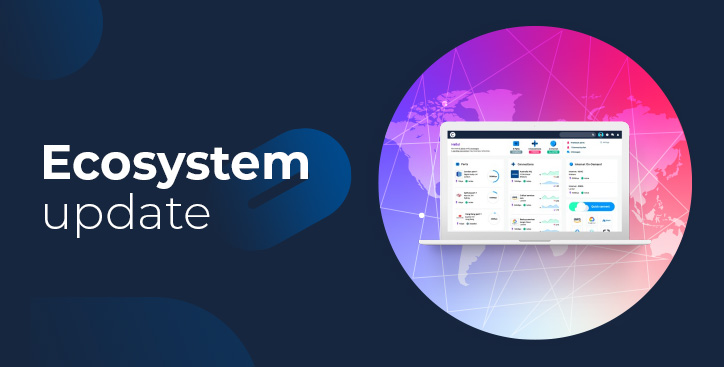
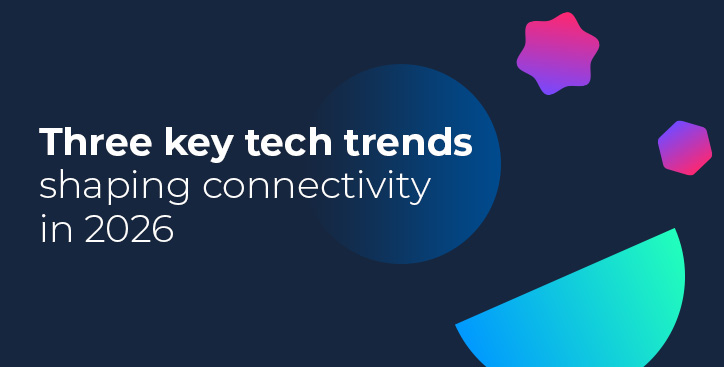
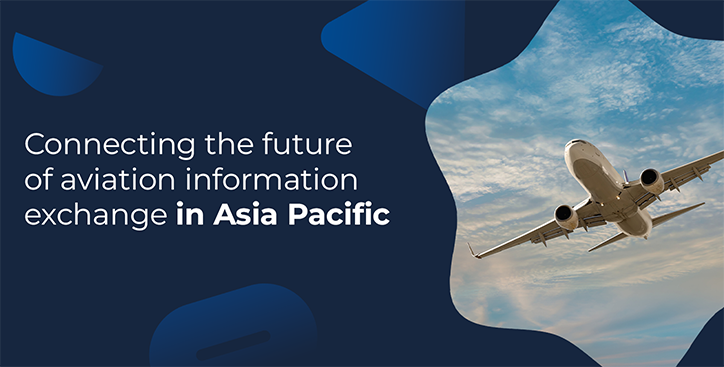
.jpg)
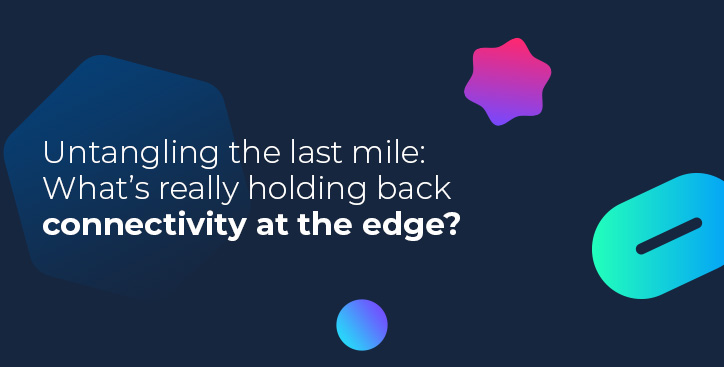
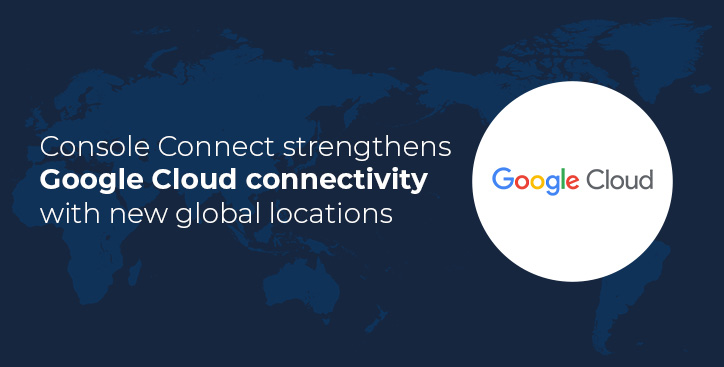
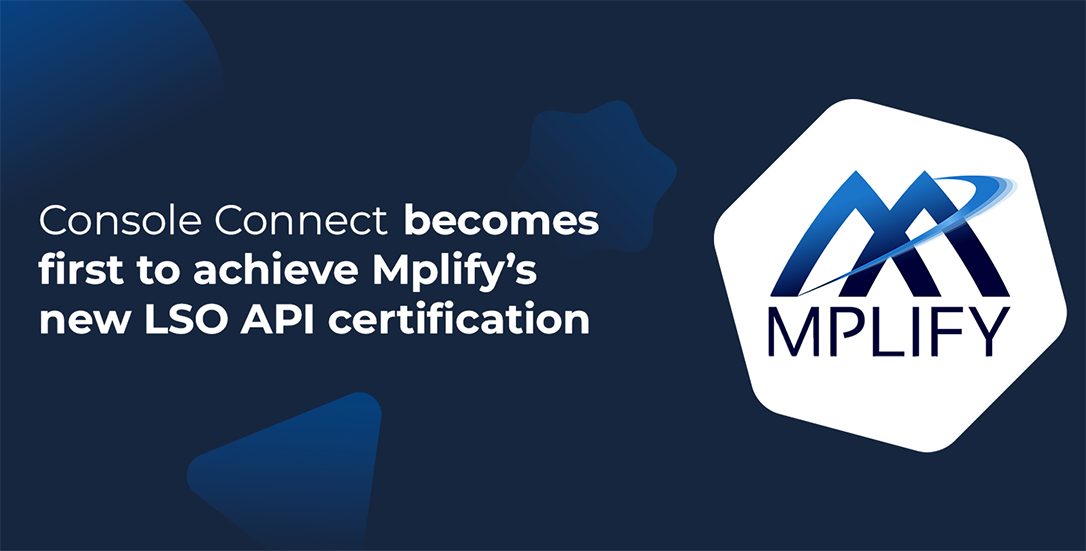
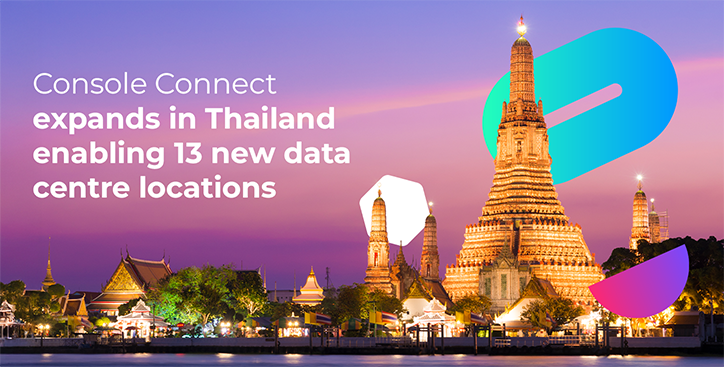
.jpg)